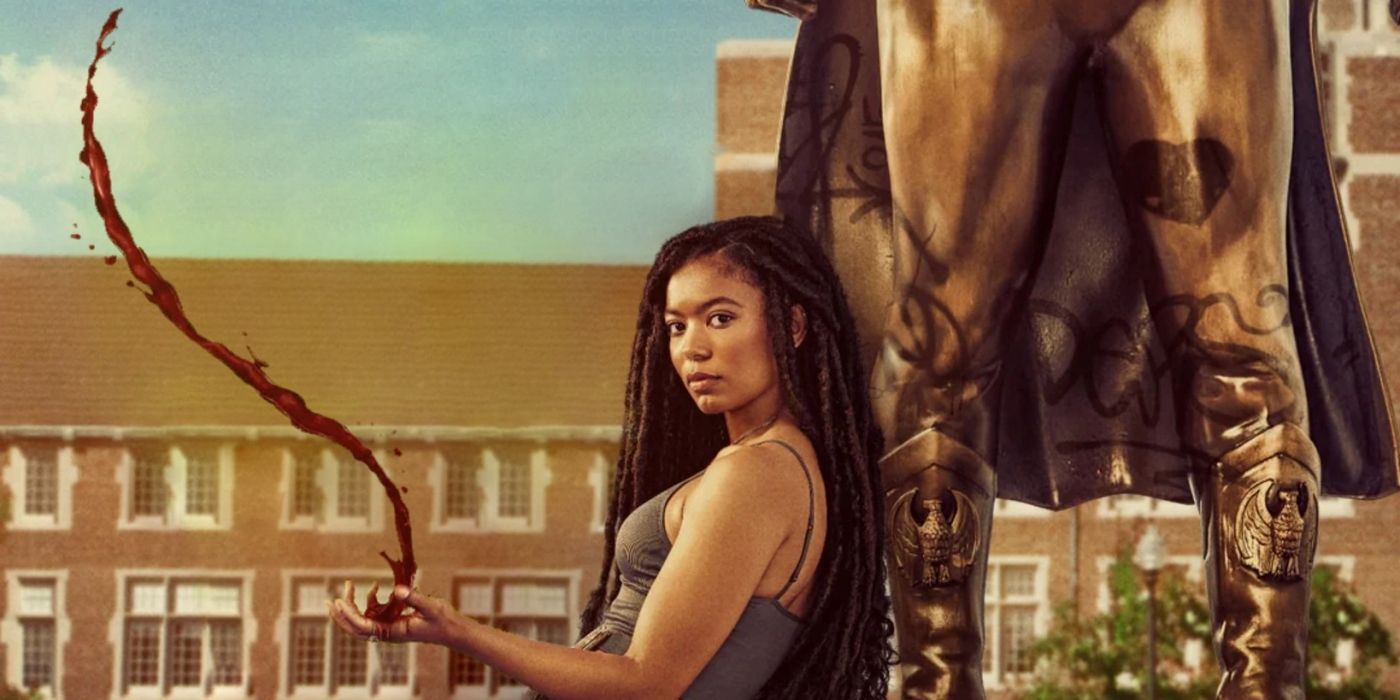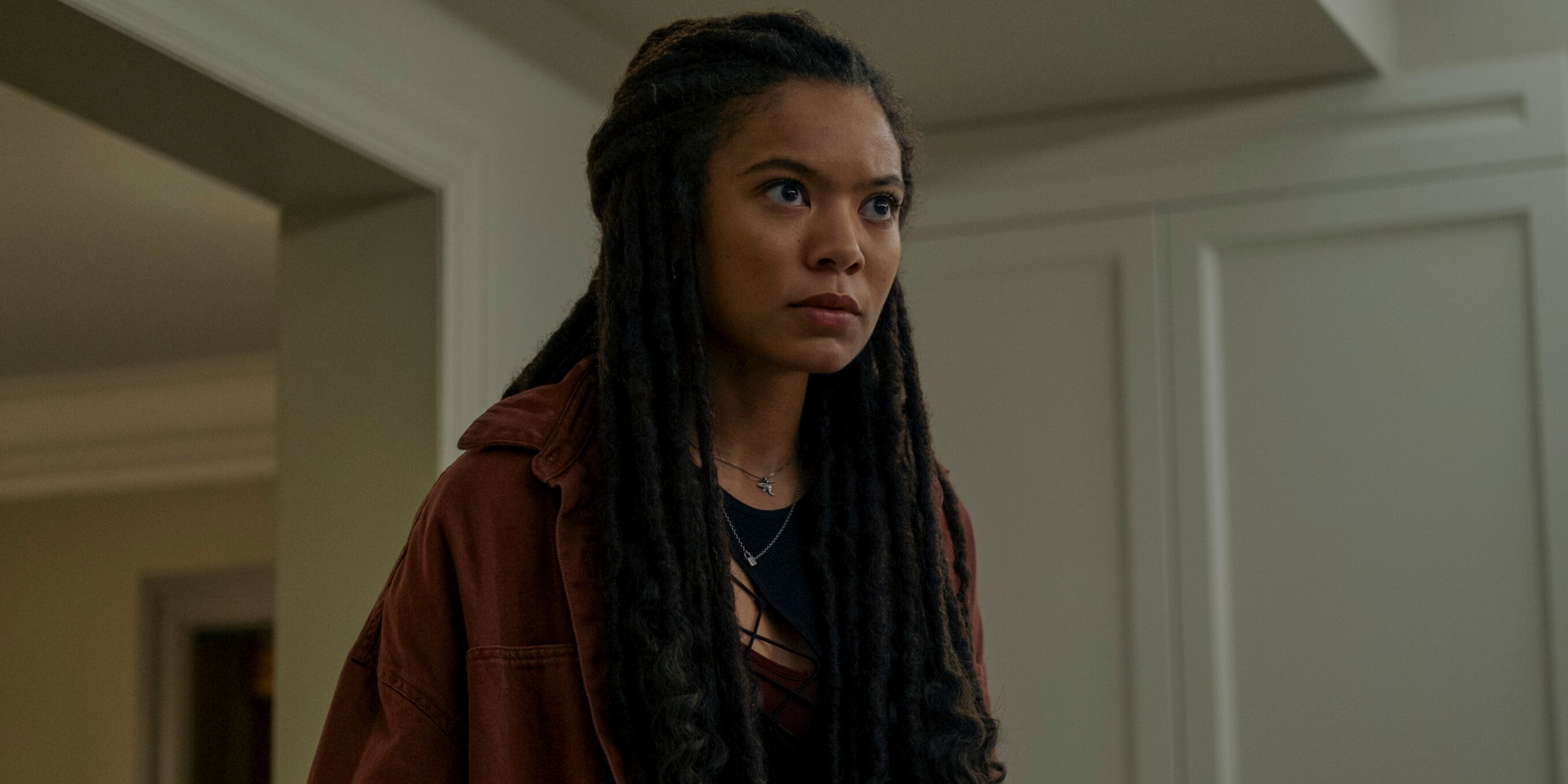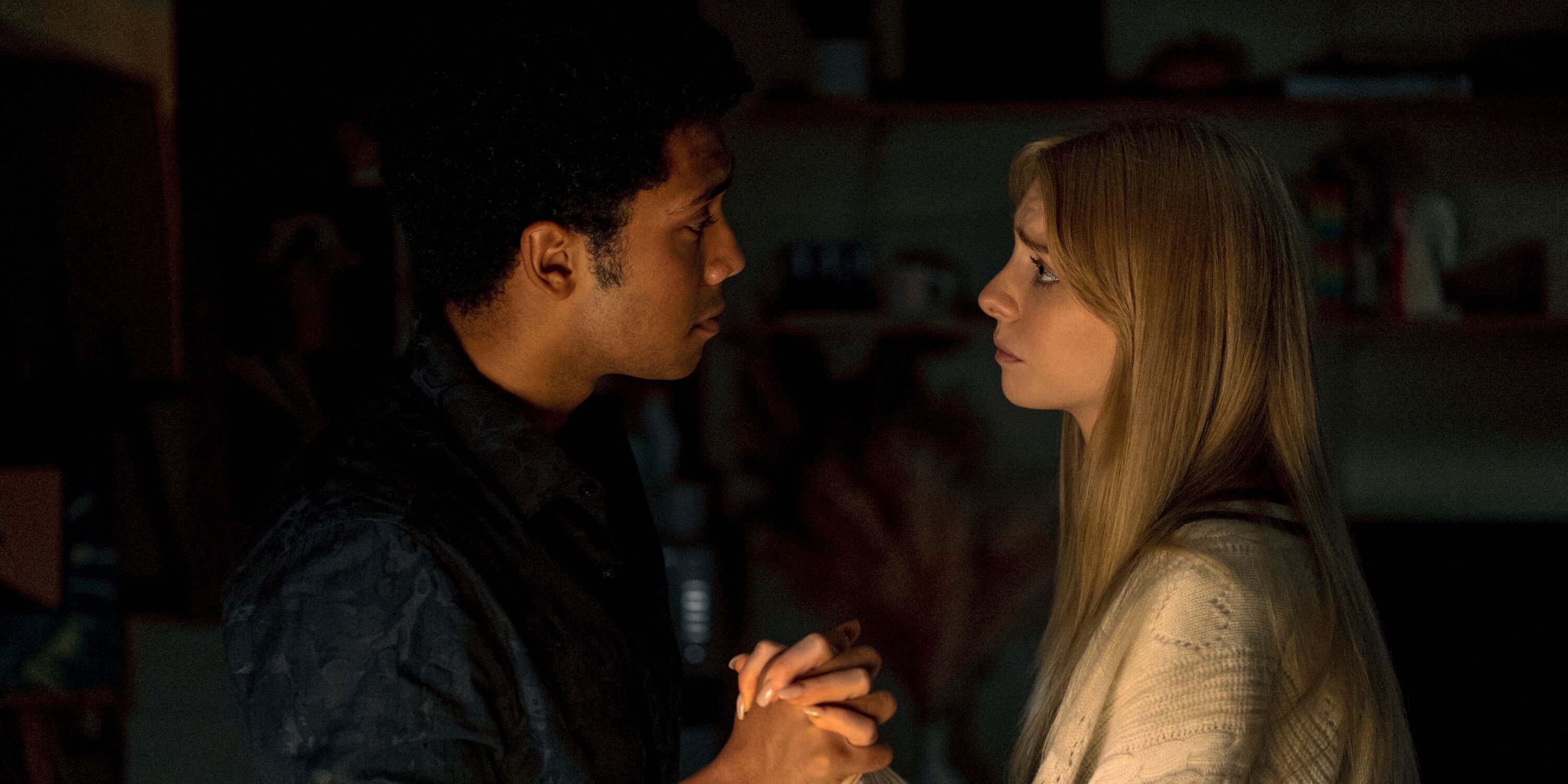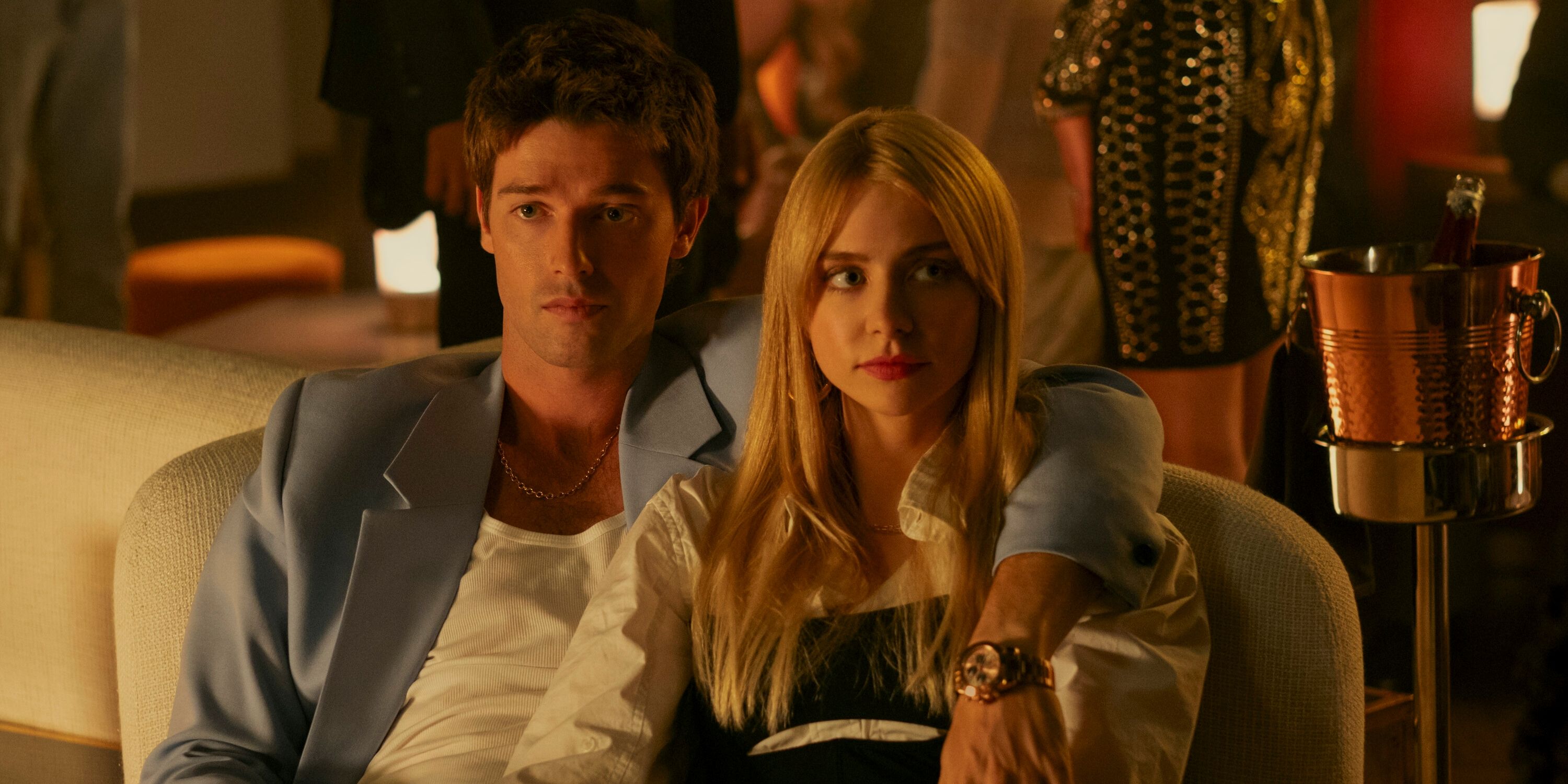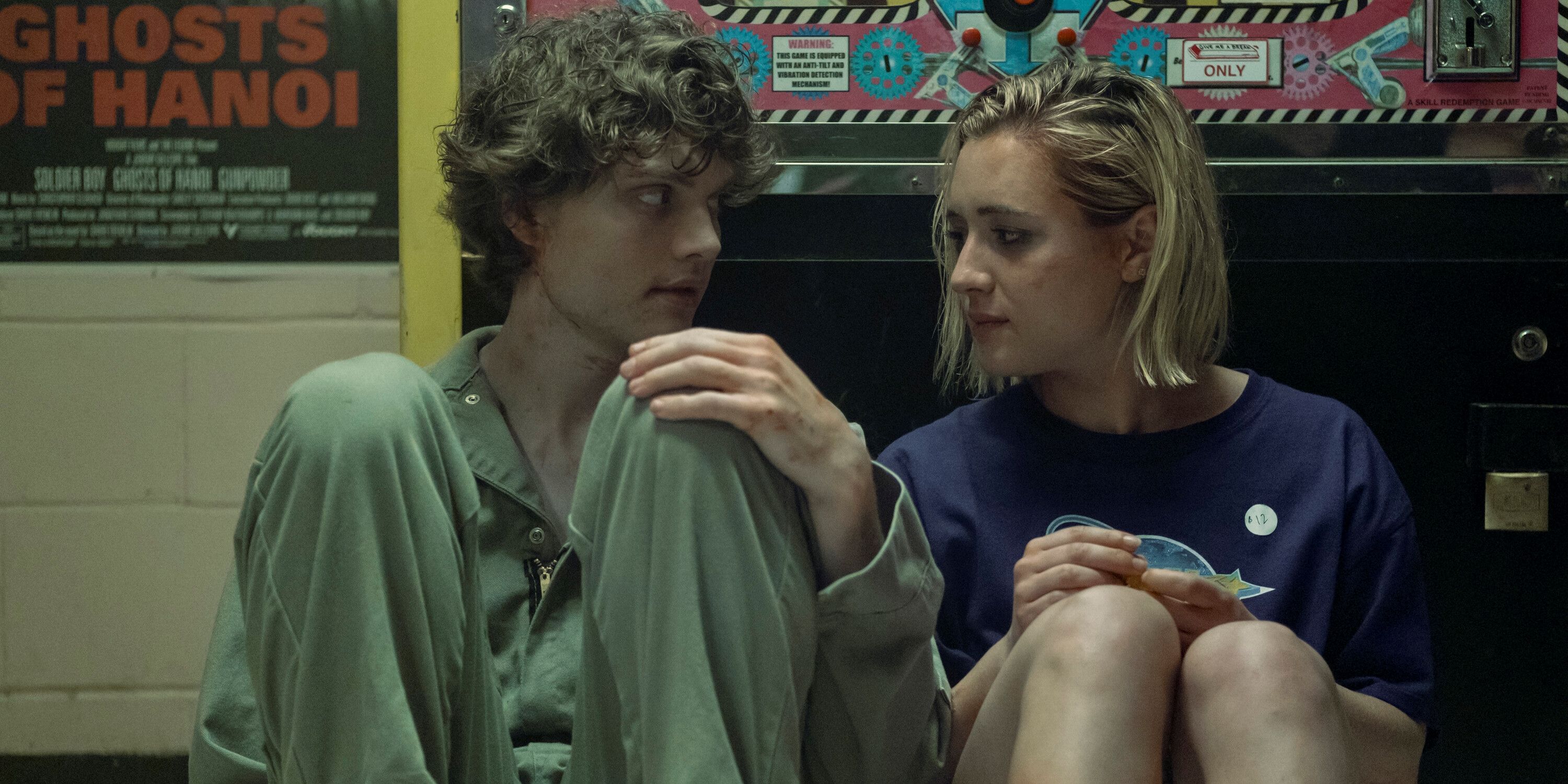The Big Picture
- Episode 5 of Gen V, "Welcome to the Monster Club," explores the consequences of college chaos and pressure on supes, delving into their potential for villainy.
- The characters wake up with no memories after a party, which is reminiscent of college experiences of drinking too much or taking drugs and losing track of time.
- The episode features a unique fight scene, which was a creative way to show a character's descent into madness while still maintaining the violent and bloody nature of the show.
[Editor’s note: The following contains spoilers for Episode 5 of Gen V, entitled “Welcome to the Monster Club.”]The Amazon Studios original series Gen V, set between Seasons 3 and 4 of The Boys, takes the blood splatter to Godolkin University, where only supes are allowed to attend and train to be the next generation of heroes. And while not all supes go bad, the pressure of being at the top of the class mixed with a heightened level of college chaos can lead any superhero to the brink of villainy.
Collider got the opportunity to chat with co-showrunner Michele Fazekas about episode 5, entitled “Welcome to the Monster Club,” which follows the supe gang after they wake up from what they think was an all-night bender, but in reality turns out to be something much more deliberate and with very specific motives. During this 1-on-1 interview, she talked about that shocking character reveal and how it came about, when they let the cast member know, figuring out how to portray the missing time, getting answers moving forward, the episode’s most memorable fight scene, and the evolving Marie (Jaz Sinclair) and Jordan (Derek Luh and London Thor) dynamic.
Collider: The last time we spoke, you talked about how the scene with Marie blowing up Rufus’ dick was rooted in a very real place. Episode 5 feels the same way, with everyone waking up with no memories after a party. Obviously in real life, students don’t have their memories wiped by a supe’s powers, but there are drugs that can account for that. Was that another instance of the writers’ room pulling from personal experiences in real life? Where did that come from?
MICHELE FAZEKAS: It’s definitely an instance of the college experience of drinking too much or taking too many drugs and losing track of time. When it comes to lost time, (executive producer) Eric Kripke often talks about his 21st birthday when he was in college. So, yeah, this is our version of that story, and it’s also a good cover story for what really happened. It’s why they’re able to initially be like, “Oh, I guess I just got really fucked up last night,” until they start to put the pieces together.
What’s it like to create an episode like this one, where you have to represent pulling those memories from your characters multiple times. There are moments that we don’t see and have to piece together, and there are moments we see that they don’t know about, so how did you figure out how to handle all of that within the episode?
FAZEKAS: From a story perspective, we had to know exactly what happened in the missing time, and then pick and choose what made the most sense to see. Otherwise, the viewer can sense that we’re just glossing over something. So, we had to have a really clear idea of what happened, why it happened, and what the best thing would be to show, to tell a good story.
Was that something that was very clear, as far as what to show, what not to show, and how to show it, or did that take some shuffling around as you kept working on the episode?
FAZEKAS: Every script goes through a lot of different revisions and we try a lot of different things out. They say writing is rewriting, and there’s a lot of rewriting. With this one, the challenge was figuring out how much of their memory was missing and whether it was completely missing. One of the rules that we had was that stuff doesn’t just come back. Maybe you get a little déjà vu, but those memories are gone and it’s just the clues that are left behind. I like that everyone is smart and they’re putting together, “This is not what we think it is.”
Is there also a limit to how many times you can do it within an episode before the audience needs to have their own whiteboard to keep track of who knows what, at what point?
FAZEKAS: Yeah. The point is not the trick. The point is not wiping the memory. The point is, what does it do to your character? So, yeah, I agree that it’s not a well that you want to keep going back to.
This episode also gives us the reveal that it’s Cate that’s wiping out their memories. They think it’s Rufus until they find out that it’s someone that they thought they could trust. Was this the path that you always wanted to send Cate on? Did you know this would happen with her, from the very beginning?
FAZEKAS: I think we came to that, early on in the [writers’] room. When I came onto the show, there was a pilot script and I quickly realized, “Oh, Cate’s the most powerful character in the show.” Her power is so big, but she keeps it small and she keeps herself small. She’s Golden Boy’s girlfriend. So, that was really interesting to me. And then, there’s the connection that she and Marie have, both being orphans, essentially, which you heard in episode three. So, it organically came out of talking about these characters’ emotional arcs throughout the season. When we came in, Cate was not considered to be the person involved in the manipulation of these kids, but it did organically come from who she was and what her power was.
At what point do you then tell the actress that this is what’s coming for her?
FAZEKAS: I think we told her early on, and I don’t know if that was a great idea because I don’t know if it’s better to not know. In the future, I might not. Not that she wasn’t great. She was wonderful. But it’s something you can’t unknow anymore. It just makes it very hard on her to put that out of her brain. But the actors are always like, “What’s gonna happen with me?” You also want to be able to go back and look and say, “Oh, is there a double meaning here?” That’s the argument for letting the actor know everything up front, so they can know to play something underneath. I don’t know. I don’t know if I would do it differently, but there are arguments for both.
After the events that happen with Cate in episode five, what would you say to tease what’s next for her, in episode six and moving forward?
FAZEKAS: A lot of questions are gonna be answered and we’re gonna learn a lot about Cate. What was really important in this episode is, when we reveal that she’s doing this, I wanted to really feel how much regret and grief she had about, and I think she did a great job conveying that. She’s not just an evil person doing evil things. There are reasons, and we’re gonna find out what these reasons are. She is a victim in a way all of these kids are. They’re all under the thumb of Vought.
This universe never shies away from violence and blood, so what led to the decision to use puppets in this episode?
FAZEKAS: In some ways, seeing blood and gore in this world is no big deal. You see it all the time. Anything outrageous you see always has the underpinnings of character and drama, so we knew that we wanted to show Sam decompensating a little, now that he’s, for the first time, alone. He doesn’t have his brother. He doesn’t have Emma. He is by himself. And so, it came out of a pitch in the room, of showing a puppet fight, but shooting the puppet fight exactly as if it was a real, visceral fight sequence. The only thing that’s different about it, but for the camera angles and the way it’s edited, is that they just happen to be puppets. We treated everything else the same.
I absolutely loved the craziness of it.
FAZEKAS: We got lucky, our makeup department head was like, “Oh, I can build puppets,” and he made them. Why do you that skill? That’s insane to me, but it was amazing.
Another thing that I found really memorable about the episode is the relationship between Marie and Jordan. I love the interaction that they have, and I actually thought it was really interesting to see Jordan as the insecure one. Was that something that you had always wanted to explore with those characters? Did that come from watching the actors together? How did that dynamic get shaped, especially when it’s such a different place from where they started?
FAZEKAS: As we were breaking out the entire season, we really liked the idea of Marie and Jordan starting out where they really dislike each other, but they’re also very similar. They both are these hard-charging characters who see the world in black and white and have a bit of a chip on their shoulder. They’re a lot more alike [than different]. And I really liked exploring that with Marie. It is a queer relationship, and it’s something that Marie hadn’t experienced before, so what meaning does she draw from that? It’s a really delicious, rich area that we were excited to explore.
I loved Marie’s acceptance of herself.
FAZEKAS: I like seeing vulnerability in Jordan, who is very reluctant to show that to anyone.
Gen V is available to stream at Prime Video.

